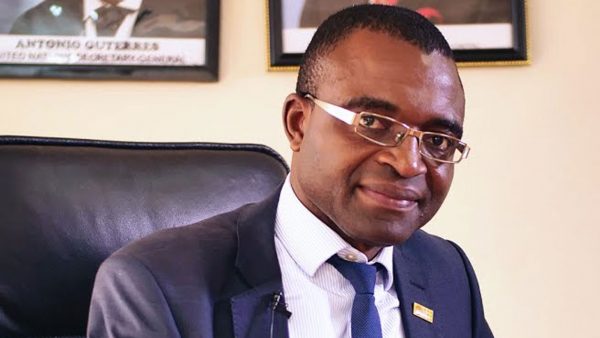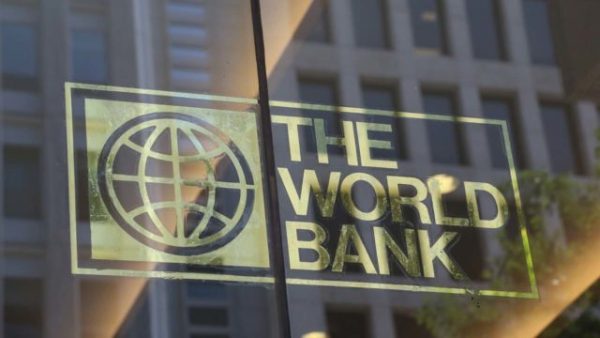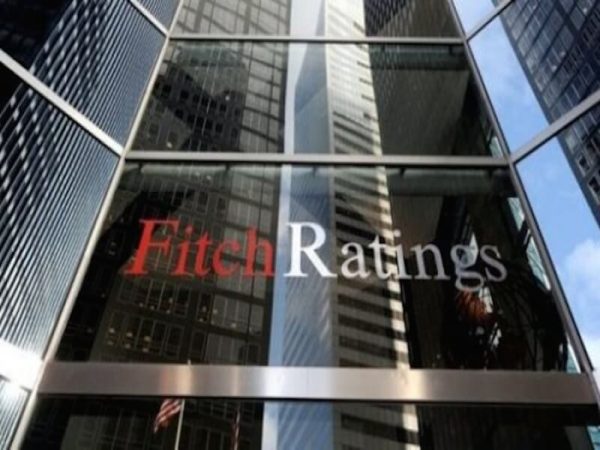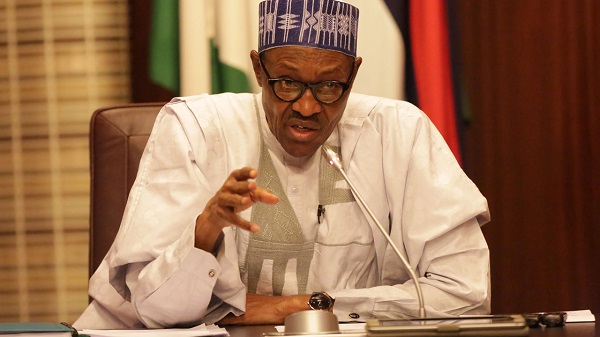UN tasks Nigeria on entrepreneurship, job creation

While many countries have already harnessed demographic dividend, Nigeria, among other Africa countries, still lag behind, the United Nations Population Fund (UNFPA), has said.UNFPA disclosed that the population of the world has doubled in the last 43 years, moving from 3.6 billion in 1969 to 7.7 billion in 2019.
Speaking at the UNFPA /Private Sector Celebration at 50 in Lagos, recently, UNFPA Representative in Nigeria, Dr. Eugene Kongnyuy, said Nigeria got into the track of possibly harnessing demographic dividend in 2003, following a study by the University of Ibadan, but didn’t progress much.
Stressing the need for a change in population structure, Kongnyuy canvassed more investments in health, education, entrepreneurship and job creation, and good governance for Nigeria to finally harness demographic dividend in the coming years.
In a World Population Prospect released by the UN on Monday, the medium-variant projection indicates that the global population could grow to around 8.5 billion in 2030, 9.7 billion in 2050, and 10.9 billion in 2100.The data also shows that males outnumber females in Nigeria, and the world as a whole, negating the popular belief that women outnumber men in the West African country.
Nigeria is estimated to have 200,964,000 by mid-year 2019, with 99,132,000 million females and 101,832,000 males.
Speaking on Nigeria fully harnessing the dividend of democracy, he said: “I believe the government is fully aware, two years ago, the vice president launched the national road map for harnessing demographic dividend in Nigeria.
“In that roadmap, it clearly defines what will be done for Nigeria to harness the dividend. In summary, you have health, maternal and child mortality is drastically reduced, that young people are fully educated, and that there are enough jobs and that they have the skills to create jobs for themselves. In that roadmap there is a clear step that needs to be done and the government has started doing some of them.”
Earlier, Head of Sustainability, Access Bank Plc, Omobolanle Victor-Laniyan, urged the private sector in collaboration with government and development partners to recognise the potential of young people and harness their strength towards sustainable development through mentoring and more internship opportunities.
She said if properly funded and harnessed, Nigeria’s population, which is more of youth, can facilitate sustainable development, hence the bank’s commitment to the growth and development of this segment of the population.
Also speaking, Programme Director, Hacey Health Initiatives, Isaiah Owolabi, called on the government to see demographic dividend as a major opportunity for Nigeria owing to its large youth population size, while urging them to take advantage of it by investing in young people for life time economic return.
“Statistics and facts have shown that when a country invests in young people, there will be increase in productivity and improve healthcare for all.“Also, we need to realise that the rate we are growing, we may not be able to cater for it in the future, so it is important that to grow our population sustainably, we need to watch the fertility and birth rate in the country,” Owolabi said.
“We need to get more people educated especially our girls because when girls are educated, pregnancy is being delayed for them to go through school,” he added. Owolabi called for multi-sectorial approach to drive policies sustainably that will make Nigeria benefit from its large population size.
“Everybody has to come together to deliver sustainable solutions and drive development that is inclusive that will be find useful in the next 50 years to come,” he said.







